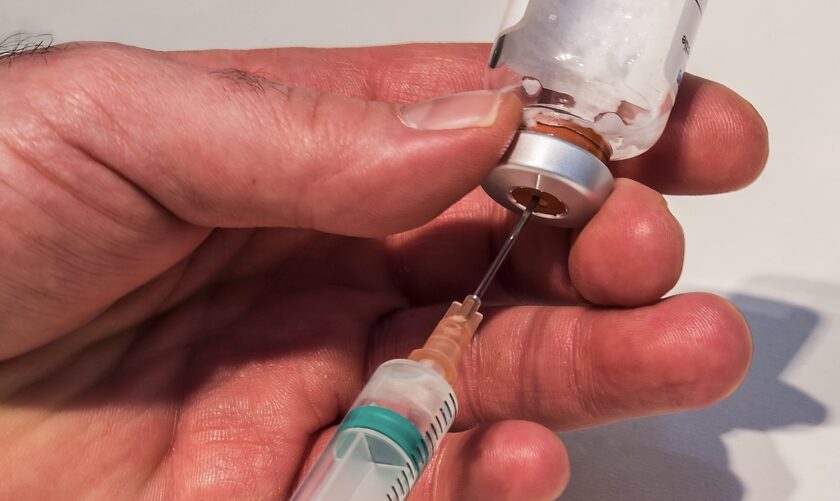North Wales Police: Renewed warnings issued over steroid abuse risks

North Wales Police and health experts are renewing warnings over the dangers of steroid abuse after two men were jailed following a £2.1m seizure of anabolic steroids.
Lee Ablitt, 50, from Newton-le-Willows, Merseyside, and Christopher Thompson, 49, from Wigan, Greater Manchester, were sentenced last month to five years and two years and nine months respectively.
The pair admitted to conspiracy to supply Class C drugs between 2017 and 2021, alongside offences relating to proceeds of criminal property.
The case has reignited concerns around the misuse of anabolic steroids in the UK, with experts warning of a “hidden addiction crisis” that spans age groups and social demographics.
Anabolic steroids, synthetic versions of the hormone testosterone, are used by some individuals to accelerate muscle growth and achieve a “perfect” body image.
While possession of steroids for personal use is not illegal, supplying them without a prescription is a criminal offence under Class C drug laws.
Despite their perception as fitness enhancers, steroids pose serious health risks, including anxiety, depression, and Body Dysmorphic Disorder (BDD).
This mental health condition involves a disabling preoccupation with perceived flaws in appearance.
Detective Chris Wynne, who was involved in the investigation, highlighted the societal underestimation of steroid abuse:
“Steroid abuse isn’t considered within society in the same way as taking other drugs. However, investigating this case made me realise just how much they can impact negatively on people’s lives. I would encourage anyone who is suffering from side effects to seek help.”
Detective Wynne urged individuals to reach out to Betsi Cadwaladr University Health Board’s Substance Misuse Services, which provide professional and confidential support to those affected by drug and alcohol misuse.
He also warned of Muscle Dysmorphia, a form of BDD that specifically relates to a perceived lack of muscularity, despite observable muscle growth.
“Around one in 50 people can be affected by Body Dysmorphic Disorder,” DC Wynne explained. “In Muscle Dysmorphia, sufferers believe their muscles are not big enough, even when they appear large to others. The anxiety and shame around perceived flaws can lead to destructive behaviours, including steroid abuse.”
DC Wynne encouraged anyone struggling with symptoms of BDD or related conditions to seek support through the BDD Foundation website or its Facebook page (@BDDFoundation).
Experts believe the prevalence of steroid misuse in the UK reflects growing societal pressures to attain unrealistic body standards. Though users may see steroid use as a lifestyle choice, the long-term physical and mental health risks are significant.
Anyone affected by steroid abuse can seek support from Betsi Cadwaladr’s Substance Misuse Services, which aim to reduce harm to individuals, families, and local communities. More information is available at https://orlo.uk/9ChiX.










